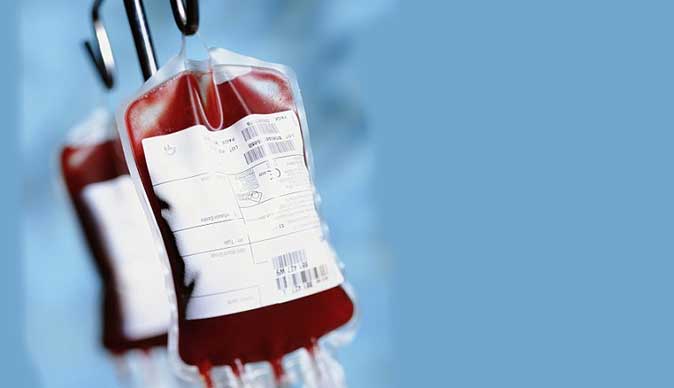
BY Phyllis Mbanje
The survival of the National Blood Service of Zimbabwe (NBSZ) is under threat, along with the lives of thousands of patients who will need blood under the free-blood-policy as government dithers on bailing out the institution from its current serious financial problems.
Mandated by the Health ministry to collect, process and distribute safe adequate blood and blood products, NBSZ faces an uncertain future if the government fails to honour its pledges by end of this month.
“NBSZ is going through some serious financial challenges right now that include staff remuneration and meeting statutory obligations since we have not yet received any payment from government for the free-blood-initiative for 2019. If nothing is done by end of this month then, yes, our survival as an entity is threatened,” NBSZ spokesperson Esther Masunda, speaking on behalf of chief executive Lucy Marowa said.
NBSZ has been struggling to pay its workers on time, as the financial woes continue to deepen, with no solution in sight.
Government owes NBSZ $22 million for products supplied through the free-blood-initiative.
The free-blood-policy was put in place last year and is operational in all public health facilities and mission hospitals. This move followed years of constant bickering over the exorbitant price of blood, which at one point was as high as US$135 per pint.
Between 2009-2012, the NBSZ managed to lower the price of a pint of blood to about US$80 after they had received a grant from the government, but inadequate funding forced them to resort back to the initial US$135 per pint.
- Chamisa under fire over US$120K donation
- Mavhunga puts DeMbare into Chibuku quarterfinals
- Pension funds bet on Cabora Bassa oilfields
- Councils defy govt fire tender directive
Keep Reading
Between January 2017 to October 2017, fees were pegged at US$100 and from November 2017 to December 2017, fees were again reduced to US$80.
From January 2018 to June 2018, fees were further reduced to US$50 and in July, blood became free for all public health institutions, but in private health institutions fees are pegged at around $120 per unit of blood.
As of June 30 this year, NBSZ had managed to collect 49 850 units of blood, but with the upcoming August holiday, there will be a high demand for the precious liquid.
On another note, NBSZ has been struggling to contain the power outages, raising fears that the absence of power for long periods could affect the storage and testing of the blood.
“It is definitely unsustainable and is causing serious testing challenges, leading to significant losses. We are yet to meet the Zesa (Holdings) officials,” Masunda said
Health ministry permanent secretary, Agnes Mahomva said she needed time to look into the matter.











